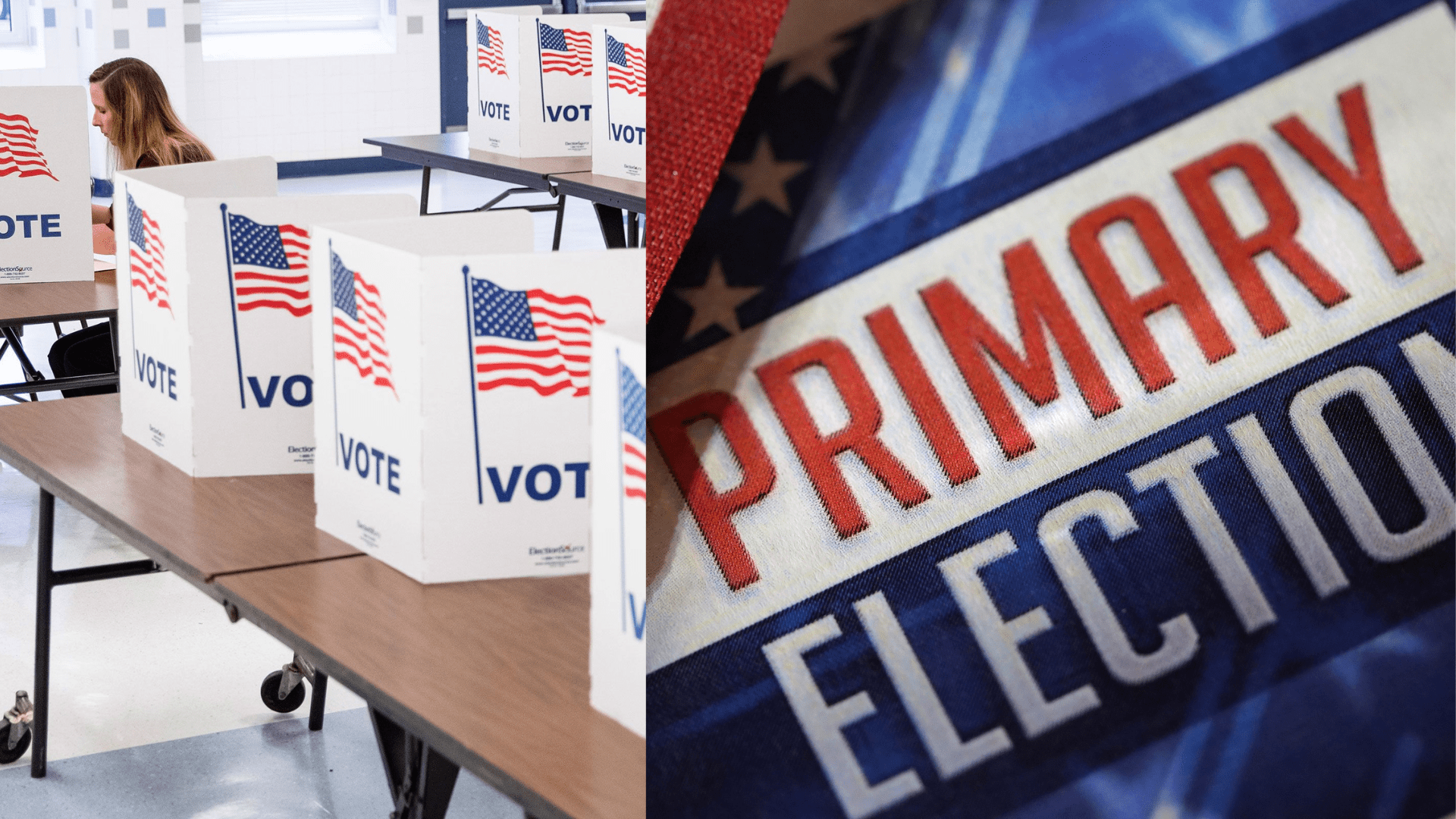The New Hampshire Primary holds a pivotal role in the U.S. electoral process, playing a crucial part in determining the presidential nominees for each party. As we delve into the intricacies of its timing, we uncover a fascinating interplay of history, strategy, and public sentiment.
Understanding Primary Elections
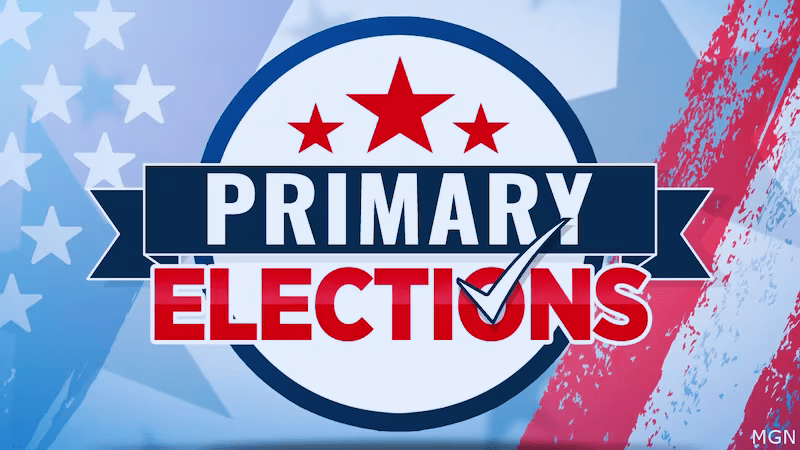
Primary elections play a pivotal role in the U.S. electoral process, acting as the initial step in selecting political party candidates for the general election. Voters express their preferences for candidates, shaping the trajectory of the race. The New Hampshire Primary, in particular, holds historical significance as one of the earliest in the nation. The timing of this primary is determined by the state’s secretary of state, considering factors such as party regulations and national political dynamics.
Historical Context of New Hampshire Primary
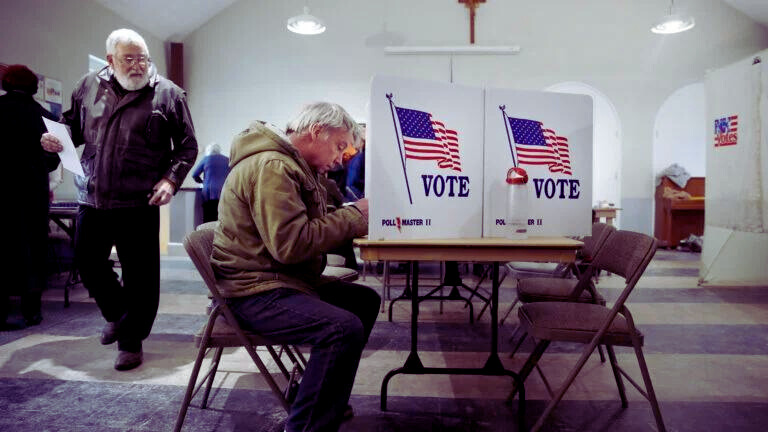
The New Hampshire presidential primary holds a rich historical context, being the first in a series of nationwide party primary elections. Established in 1916, it gained prominence as a crucial step in the presidential nomination process. In 1948, the state legislature made changes to address low voter turnout, allowing residents to vote directly for presidential candidates. Since then, New Hampshire’s primary has played a pivotal role in shaping the political landscape, with its influence extending beyond its small size.
The Timing Game: When Does it Usually Happen?
The New Hampshire presidential primary is a crucial event in the electoral process, typically occurring early in the election year. The exact timing can vary, but it traditionally holds a prominent spot as one of the earliest primaries. For instance, in the 2024 election cycle, the primary date was set for January 23rd, making it the first in the nation. The significance of being an early primary allows New Hampshire voters to have a substantial impact on shaping the narrative and momentum of the entire election season.
The Primary Calendar: How it Fits In
The primary calendar is a crucial aspect of the electoral process, orchestrating the sequence of primary elections across states. Primary elections, as voting processes, enable voters to express their party preferences and influence the selection of candidates for the general election. The manner in which party primaries are conducted varies widely across states, categorized as either closed or open primaries, influencing voter participation and party dynamics.
This calendar plays a significant role in shaping the narrative of the election cycle, with early primaries, such as the New Hampshire presidential primary, setting the tone for subsequent contests. Additionally, the primary calendar culminates in the selection of presidential nominees through a combination of state primaries and caucuses, highlighting the diverse methods employed across the nation.
Understanding the primary calendar is vital for comprehending the dynamics of the electoral process, as it delineates the path leading to the final selection of candidates for the general election.
Key Players in Decision-Making
Decision-making in political primaries involves various key players, each contributing to the selection of party candidates. These players include:
- Voters: The primary process begins with voters expressing their preferences for candidates through casting votes in primary elections or caucuses.
- Delegates: Elected delegates represent voters at party conventions, where they play a crucial role in nominating the party’s candidate based on the outcomes of primaries.
- Candidates: As primary contenders, candidates engage in campaigns, presenting their platforms to win voter support and secure delegates.
- Party Leaders: Influential party leaders may endorse specific candidates, impacting voter perceptions and, in some cases, influencing delegate support.
- Media: Media outlets play a vital role in shaping public opinion, and influencing voters’ decisions through coverage, debates, and analysis.
- Party Officials: Officials within political parties may have a role in setting rules and guidelines for primaries, affecting the overall process.
Understanding the dynamics among these key players is crucial to comprehending how candidates are nominated and how the primary process shapes the political landscape.
Controversies Surrounding the Timing
The 2024 New Hampshire primary has been marked by several controversies, shaping the political landscape. Key takeaways include:
- Trump’s Victory: Former President Donald Trump’s win in the Republican primary stirred controversy, with analyses focusing on voting patterns and the areas where he fell to Nikki Haley compared to the 2020 election.
- Biden’s Absence: President Biden’s decision not to be on the Democratic ballot raised eyebrows and led to discussions about its impact on the Democratic primary dynamics.
- Voter Sentiments: Votecast reports revealed strong support for Trump among New Hampshire Republicans, emphasizing the party’s unity behind the former president.
- Media Coverage: News outlets provided extensive coverage of the primary, dissecting results and offering insights into the implications for the upcoming elections.
These controversies have fueled discussions on the evolving dynamics within both the Republican and Democratic parties as the election season progresses.
Legal Aspects: Can the Date Change?
The 2024 New Hampshire Primary is scheduled for January 23, according to the provided information. The date is a crucial aspect of the election process, determining when voters cast their ballots and political candidates vie for support. The primary election serves as a key milestone in the presidential nominating process, allowing voters to express their preferences for party candidates.
Regarding the legal aspects of election dates, it’s essential to note that election schedules are subject to change. Various factors, including legal considerations, may prompt adjustments to the timing of primaries. Changes might be made by relevant authorities or officials overseeing the electoral process, and these alterations are typically communicated well in advance to ensure transparency and adherence to legal requirements.
The Voters’ Perspective: Does Timing Matter?
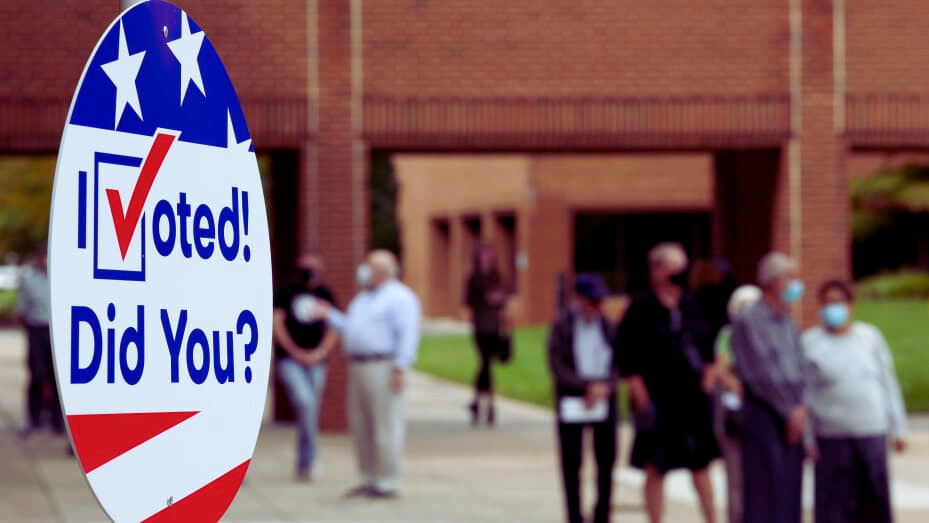
Yes, the timing of elections can significantly impact voter behavior and turnout. Research suggests that when elections are held can influence the number of people who participate and the demographics of voters. The timing of primary elections, for example, has been a subject of debate, with studies exploring its effects on voter turnout and candidate selection. Some key findings include:
- Voter Turnout: Studies such as the one from MIT Election Lab emphasize that the timing of elections, particularly whether they coincide with other major events, can influence voter participation.
- Primary Elections: Research on primary election timing and voter turnout indicates that the scheduling of primary elections can affect the level of voter engagement. The choice of when to hold primary elections can impact the selection of candidates.
- Interest Groups: Election timing also influences the electoral influence of interest groups. The timing of elections may affect the voter turnout for local versus national elections, influencing the impact of interest groups on different levels of government.
- Polarization: The increasing polarization in the United States has heightened the importance of elections, making the timing of these events crucial for shaping the political landscape.
In summary, the timing of elections matters from the voters’ perspective as it can impact turnout, candidate selection, and the overall democratic process.
Evolution of Primary Timing Strategies
The New Hampshire presidential primary holds a unique and influential position in the U.S. election process. Several factors contribute to its significance:
- Historical Importance: Dating back to the early 20th century, the New Hampshire primary has been a crucial fixture. It gained prominence in 1952 when candidates began to actively participate, making it a testing ground for their viability.
- First in the Nation: New Hampshire is the first state to hold a primary, following the Iowa caucuses. This early position provides candidates with an opportunity to gain momentum and showcase their appeal to voters.
- Media Attention: The primary receives extensive media coverage, drawing national and international attention. The outcome often sets the tone for the rest of the primary season, influencing voter perceptions and campaign strategies.
- Retail Politics: New Hampshire is known for its tradition of “retail politics,” where candidates engage in direct, personalized interactions with voters. Town hall meetings and intimate gatherings play a crucial role in shaping candidate-voter relationships.
- Decision-Making Influence: The primary results significantly impact the trajectory of candidates’ campaigns. A strong performance in New Hampshire can lead to increased support and fundraising, while a poor showing may lead to reassessments and campaign adjustments.
- Punching Above its Weight: Despite having a small population and only four electoral votes, New Hampshire has consistently played an outsized role in shaping the presidential race, making it a critical battleground for candidates.
Media and New Hampshire Primary
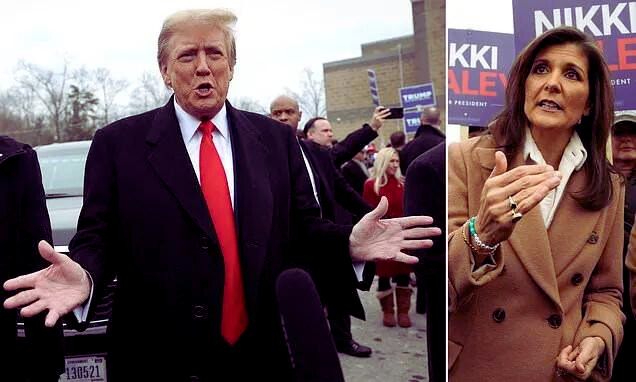
The New Hampshire primary holds significant importance in the media landscape for several reasons:
- Predictive Value: The primary is often seen as a predictor of the eventual party nominees. While not foolproof, the outcome in New Hampshire can influence media narratives and shape perceptions of candidates’ electability.
- Early Momentum: As the first primary in the nation, New Hampshire provides candidates with an opportunity to gain early momentum. A strong showing can generate extensive media coverage, and fundraising support, and enhance a candidate’s viability.
- A tradition of Retail Politics: New Hampshire’s emphasis on “retail politics,” where candidates engage directly with voters, creates compelling narratives for the media. Personal stories, town hall interactions, and grassroots campaigning contribute to news coverage.
- Decision-Making Influence: The primary results impact fundraising efforts, donor perceptions, and subsequent primary contests. The media closely follows these developments, influencing public opinion and the strategies of candidates.
- National Spotlight: The primary, being one of the earliest contests, attracts a national and international media spotlight. Journalists cover the state’s political landscape, candidate strategies, and voter sentiments, shaping the narrative of the broader election cycle.
- Strategic Importance: Candidates strategically deploy media campaigns to connect with voters. New Hampshire’s smaller size allows for targeted advertising and media engagement, influencing a concentrated audience.
International Comparisons: How Does NH Differ?
International comparisons reveal distinctive features of the New Hampshire primary:
- Early Primary: New Hampshire is known for hosting one of the earliest presidential primaries in the U.S. This timing allows the state to play a crucial role in shaping the narrative of the election cycle.
- Retail Politics: The primary places a strong emphasis on “retail politics,” where candidates engage directly with voters in town hall meetings and grassroots events. This tradition sets New Hampshire apart in terms of personal candidate-voter interactions.
- Media Influence: The primary’s early timing attracts significant media attention. Media coverage of the candidates’ campaigns and voter sentiments in New Hampshire can impact the national narrative and influence subsequent primaries.
- Predictive Indicator: The primary is considered a potential indicator of broader electoral success. While not definitive, a strong performance in New Hampshire can provide candidates with momentum and influence voters in other states.
- Historical Significance: New Hampshire has a historical significance in the primary process, having held the “first in the nation” status for decades. The state’s voters take pride in their role in the democratic process.
Future Outlook: Trends and Predictions
Gaining insights into the future outlook often involves considering various perspectives and predictions across different domains:
- Leadership Insights: Martin G. Moore provides weekly insights into high-performance leadership, offering a realistic outlook for leaders in 2024 (LinkedIn).
- Key Electoral States: Experts suggest that the 2024 presidential race may hinge on four crucial states, emphasizing the strategic importance of these regions (NY1).
- Senate Election Projections: The 2024 Senate Election forecast maps provide projections and scenarios for the political landscape (270toWin).
- Thoughts and Predictions: The Wall Street Journal explores thoughts and predictions for the 2024 presidential race, touching on topics such as war, religion, meaning, and polarization (WSJ).
- Economic Outlook: The Kiplinger Letter offers 10 predictions for 2024, providing insights into economic trends and expectations (Kiplinger).
- Presidential Election Forecast: Various political pundits provide 2024 Presidential Election forecast maps, allowing users to explore and create their predictions (270toWin).
Impact on Election Outcomes
The timing of elections can significantly influence voter turnout, interest group influence, and even election outcomes. Research suggests several key factors:
- Interest Group Influence: Elections held concurrently with national or statewide races tend to attract more voters. This increased voter turnout enhances the electoral influence of interest groups in local elections, as more voters are drawn to the polls during higher-profile contests, potentially shaping local outcomes (Anzia, 2011).
- Voter Turnout: The timing of elections, particularly the presence of primaries and statewide races, can impact overall voter turnout. The American primary system has a direct connection with general election turnout, with states adopting primaries experiencing variations in voter participation (Boyd, 1989).
- Election Outcomes: Ballot position during an election can also influence outcomes. Studies analyzing the effects of ballot position on election results reveal quantitative impacts on voter choices, as demonstrated in the analysis of the 1998 Democratic primary in New York City (Koppell, 2004).
- Media Coverage: The timing of elections shape media coverage, focusing on candidate personalities, polling, campaign ads, and other factors. This coverage can influence voter perceptions and, consequently, election outcomes (Scholars.org, 2015).
- Primary System Impact: Different types of primary systems can attract varying mixes of voters, potentially influencing the ideological orientation of candidates and, subsequently, election outcomes (New America, 2023).
Conclusion
In conclusion, the timing of the New Hampshire Primary is a nuanced interplay of historical significance, legal regulations, political strategies, and public sentiment. As we navigate the complexities of this electoral puzzle, it becomes evident that the timing of the New Hampshire Primary is not merely a scheduling decision but a critical factor that shapes the trajectory of the entire presidential race.
Read also: What Happened to Christina Applegate?
Frequently Asked Questions (FAQs)
Q. Why is the New Hampshire Primary considered crucial?
The New Hampshire Primary is crucial because it is one of the first in the nation, setting the tone for the rest of the primary season.
Q. Can the date of the New Hampshire Primary change?
While there are legal regulations in place, the date can be subject to change based on various factors, including party decisions and state legislation.
Q. How do candidates strategize for the early timing of the New Hampshire Primary?
Candidates adapt their campaign strategies to capitalize on the early timing, aiming to gain momentum and media attention.
Q. What impact does media coverage have on the New Hampshire Primary?
Media coverage significantly influences the primary, shaping public perceptions and determining the prominence of candidates.
Q. Is the timing of the New Hampshire Primary unique compared to other states?
Yes, the timing is unique, and understanding its differences provides insights into the broader dynamics of the U.S. electoral process.
